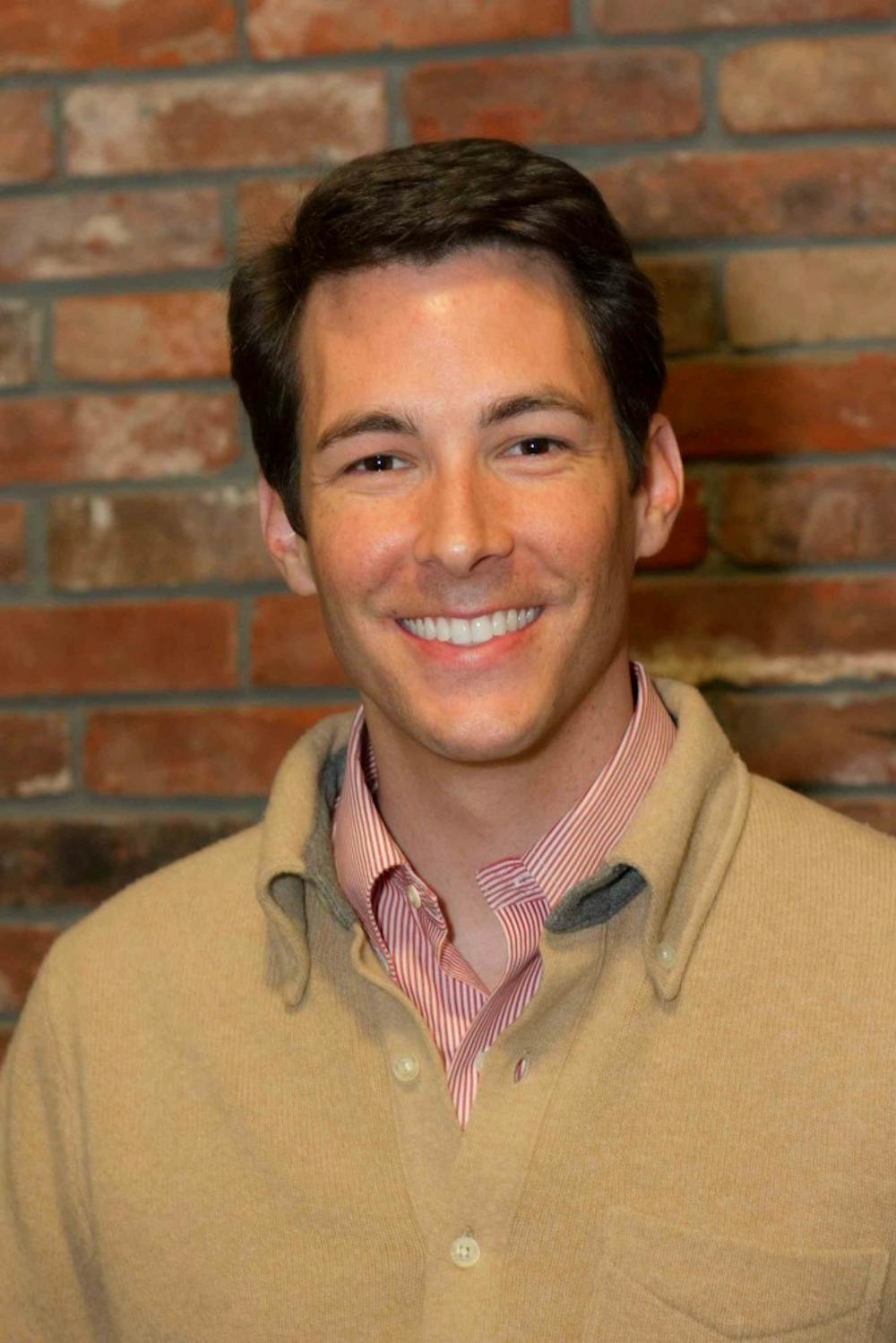“Sitting at home playing video games doesn’t look good on a résumé.”
This advice came courtesy of Kevin Paul Scott, a speaker, author and co-founder of ADDO Institute and ADDO Worldwide, institutions specializing “in global leadership, student leadership and thought leadership,” according to the organizations’ website.
ADDO is a Latin verb meaning “to inspire,” and through the institute’s inspiration, it received the 2012 Governor’s International Award for “New Company of the Year” in the state of Georgia.
Among Scott’s specialties is discussing how college and university students around the United States can most effectively spend their summer vacations.
According to Scott, students’ summer success “depends on whether they choose to focus on collecting experiences and not collecting money.”
“Invest in opportunities that provide the most experience,” Scott said.
Though he acknowledged that some students must earn some form of income, he said he believes the most worthwhile activities are those which allow students to gain skills they would not have obtained elsewhere.
“I don’t think that it’s important for college students to be involved in a classroom setting year round, but they should be involved in learning year round,” Scott said. “Most learning takes place outside of a classroom and outside of a comfort zone.”
While attending the University of Georgia (UGA), Scott served on a 25-member executive board which worked with nearly 2,000 student volunteers to spread the word about the prevention of pediatric HIV/AIDS. During his time with the group, earnings rose from $75,000 to $300,000 — a 400-percent increase.
“We had a vision of how to run our organization, with clear money goals and a clear view of how our mission would serve the individuals we were helping,” he said.
Drawing on this experience, Scott said the most valuable life skill learned outside of a classroom is leadership.
“Leadership is not something you learn, it’s something you do,” he said. “Working with a team of individuals [provides] that practical application [and] it’s where you learn the most.”
Scott said that summer internships are an effective way for a college student to spend his or her time, as long as the internship fits two criteria.
“First, the student must learn something they wouldn’t otherwise learn,” Scott said. “Second, they must be making connections they wouldn’t otherwise make.”
He said that online summer courses can be helpful for certain students, but not others. While many students find them to be less time-consuming, some subjects are more difficult for students to comprehend in an online setting. He said many courses physically taught in a classroom are based on discussion among students, a format which is sometimes difficult to reproduce online.
“Ultimately, taking online courses should be dictated by students’ place in their college experience,” Scott said. “It depends on the course and the student.”
Scott’s book, “8 Essential Exchanges: What You Have to Give Up to Go Up,” was released in 2013. One section of the book focuses on exchanging one’s wish of “being the master of none for being the master of one,” something which many students can focus on during their summer vacations, according to Scott.
“It’s about focusing on your strengths, and finding the ones you’re especially good at,” Scott said.
A 2007 graduate of UGA, Scott has spoken to leaders on six continents from more than 100 countries, served on a presidential campaign and a United States congressman’s staff, and has received national acclaim for his communication skills and curriculum-building efforts.
More information on ADDO and Scott may be found at www.ADDOInstitute.com and www.KevinPaulScott.com.





The Slate welcomes thoughtful discussion on all of our stories, but please keep comments civil and on-topic. Read our full guidelines here.